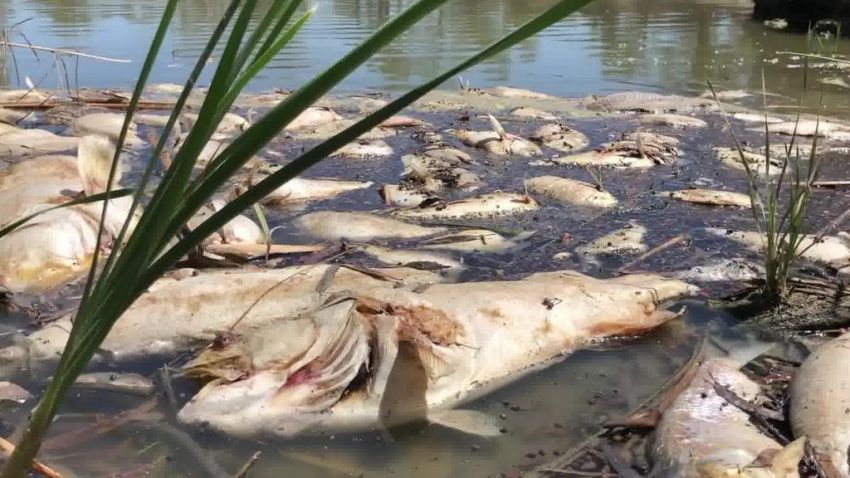
A key federal election issue, which the carefully stage-managed leaders’ debates are ignoring, is one on which all our lives depend: access to clean drinking water.
Our rivers are dying and our artesian basins are being poisoned because river water is being sold off at bargain basement rates to the major parties’ corporate donors.
Corruption and water theft is just a part of how business is done in large parts of the Murray-Darling Basin.
Water security is vital for rural communities because water sourced from artesian bores and rivers is crucial for farming, especially as prolonged drought bites hard all the way down the east coast.
Given that cities are sited on the coast where rainfall is more regular, access to clean water can be seen as a rural issue, rather than something we all need to be concerned about.
Protecting our water is vital for all of us.
Campaigns to stop unconventional gas mining and coal projects over the past decade have highlighted the importance of protecting groundwater. Coal seam gas (CSG) mining both pollutes and removes vital water supplies from communities and farms; people are increasingly beginning to see that coalmining does the same.
Until now, National Party leader Barnaby Joyce and his cronies have successfully gotten away with their anti-environmental flow allocations and water trading.
But the devastating fish kills along the Darling River and the growing number of towns running out of water — including Bourke, which was placed on bore water for drinking, household and commercial purposes for the first time in mid-April and Wilcannia which needs more bore water — have bought rural and city people together to work on solutions to keep rivers alive.
The crisis is building support for environmental flow allocations to keep the rivers alive.
Our rivers are being killed because of the government’s over-allocation to irrigation.
Historic data has revealed that the Murray River never ran dry until, large-scale irrigation allocations began to take too much water, starting in the 1800s.
Now, two Australian companies control more than 70% of the Murray-Darling water allocations. Corporations and their mates in the major parties then trade the water to their mining and irrigation mates.
Water campaigners are pleased that the Anyone But Nats movement to put the Nationals last at the NSW state election led to a win for the Shooters and Farmers and Fishers (SFF) party in the state seat of Barwon.
Many who have traditionally voted Liberal-National Party are looking for alternatives. The SFF was considered a protest vote against the LNP-generated water crisis.
But we need to keep up the pressure for real solutions, including an end to the corruption — the source of the crisis.
Governments need to leave water in the river system. The irrigators need to be forced to give back the water they have stolen from the Murray-Darling system — cleaned of phosphates and agricultural chemicals.
Governments should provide tanks and effective filtration systems to the affected river communities.
The water thieves need to be stripped of their water licenses.
Ministers need to face justice.
To this end, a “Water Manifesto” has been developed to add to the pressure to make government and corporations accountable for ecological crimes.
Access to clean, safe drinking water is a basic right: this federal election, vote for those who want the disasters fixed, not brushed under the carpet.
Sign the manifesto and share it widely. Take it to your local candidates and ask them to sign on.
[Elena Garcia is a marginal country grazier in Maranoa in south-western Queensland. Rachel Evans is a city-based water activist.]